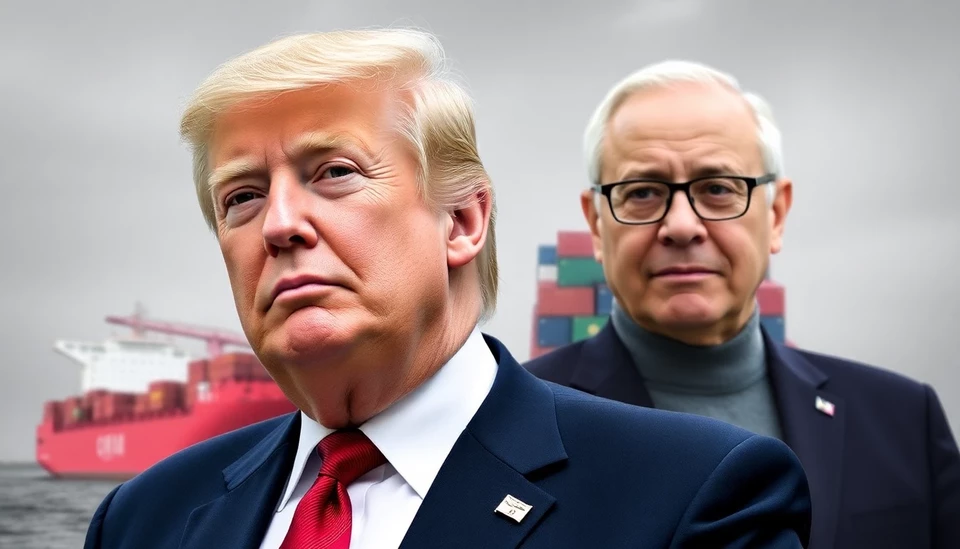
In a striking move that could reshape international trade dynamics, former President Donald Trump is reportedly preparing to implement significant tariffs on Chinese ships, potentially amounting to billions of dollars. This decision stems from a renewed focus on protecting American manufacturing and addressing perceived unfair trade practices by China.
The tariffs, which are anticipated to target luxury vessels and larger cargo ships, have raised alarms among industry experts and economists. Many fear that such aggressive measures could trigger not only retaliation from China but also lead to an escalated trade war, echoing the tumultuous trade relations witnessed during Trump's presidency between 2016 and 2020. Analysts warn that this could propel the global economy into a precarious state.
Experts predict that the ramifications of the proposed tariffs will ripple through the supply chains, leading to increased costs for U.S. consumers. The shipping industry, crucial for the transport of goods, might experience a contraction as costs rise and importers seek alternative trading routes. This move could hinder the post-pandemic economic recovery, especially as businesses are still grappling with rising inflation and ongoing supply chain disruptions.
Moreover, the planned tariffs have drawn sharp criticism from across the political spectrum. Even some members of Trump's own party expressed concern over the potential backlash and destabilizing effects these tariffs might have on the economy. With ongoing debates about economic strategy and national security, the decision could further polarize public opinion on trade policies.
Proponents of the tariffs argue that they are essential for leveling the playing field against Chinese competitors who have allegedly benefitted from unfair government subsidies and practices. They maintain that such measures are crucial to restoring American jobs and industries that have suffered under foreign competition.
However, the broader implications of this initiative remain uncertain. Economists are advising caution, suggesting that the focus should instead be on negotiating fair trade agreements rather than imposing tariffs that could lead to retaliation and escalated hostilities.
As Trump prepares for another potential presidential bid in the 2024 election, this decision on tariffs could be a pivotal part of his campaign narrative, leveraging his past hardline stance on China as a means to rally support. However, the dangers of a trade apocalypse loom large, as the global community braces for the possible fallout of such economic policies.
The unfolding developments in this situation will surely shape the landscape of international trade and U.S.-China relations in the months to come, making it a critical period for both nations and the global economy.
Stay tuned as we continue to monitor this evolving story, analyzing its impact on businesses, consumers, and the global trade environment.
#TrumpTariffs #TradeWar #ChinaTrade #Economy #ShippingIndustry #GlobalTrade #TradePolicy #USChinaRelations
Author: Rachel Greene




